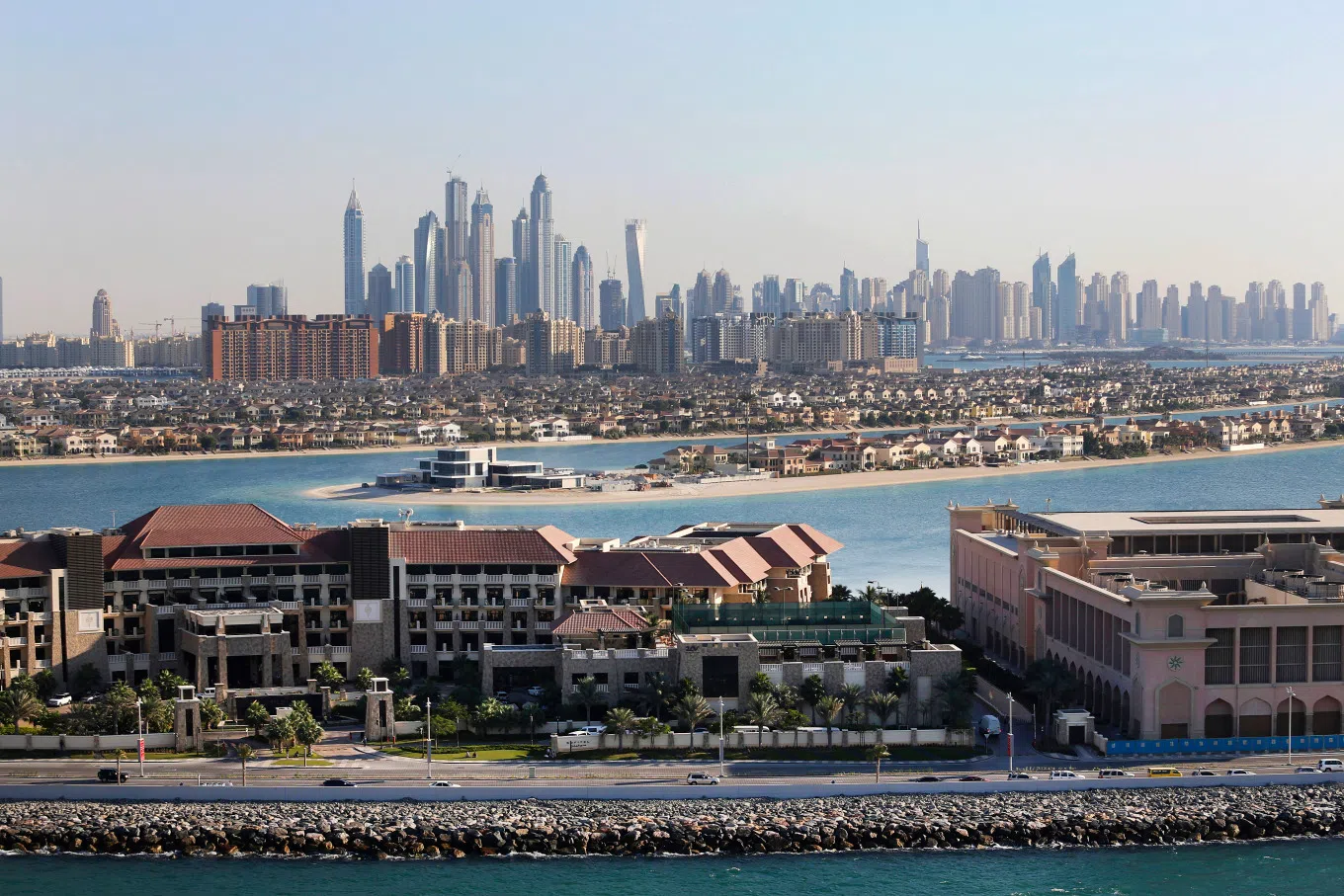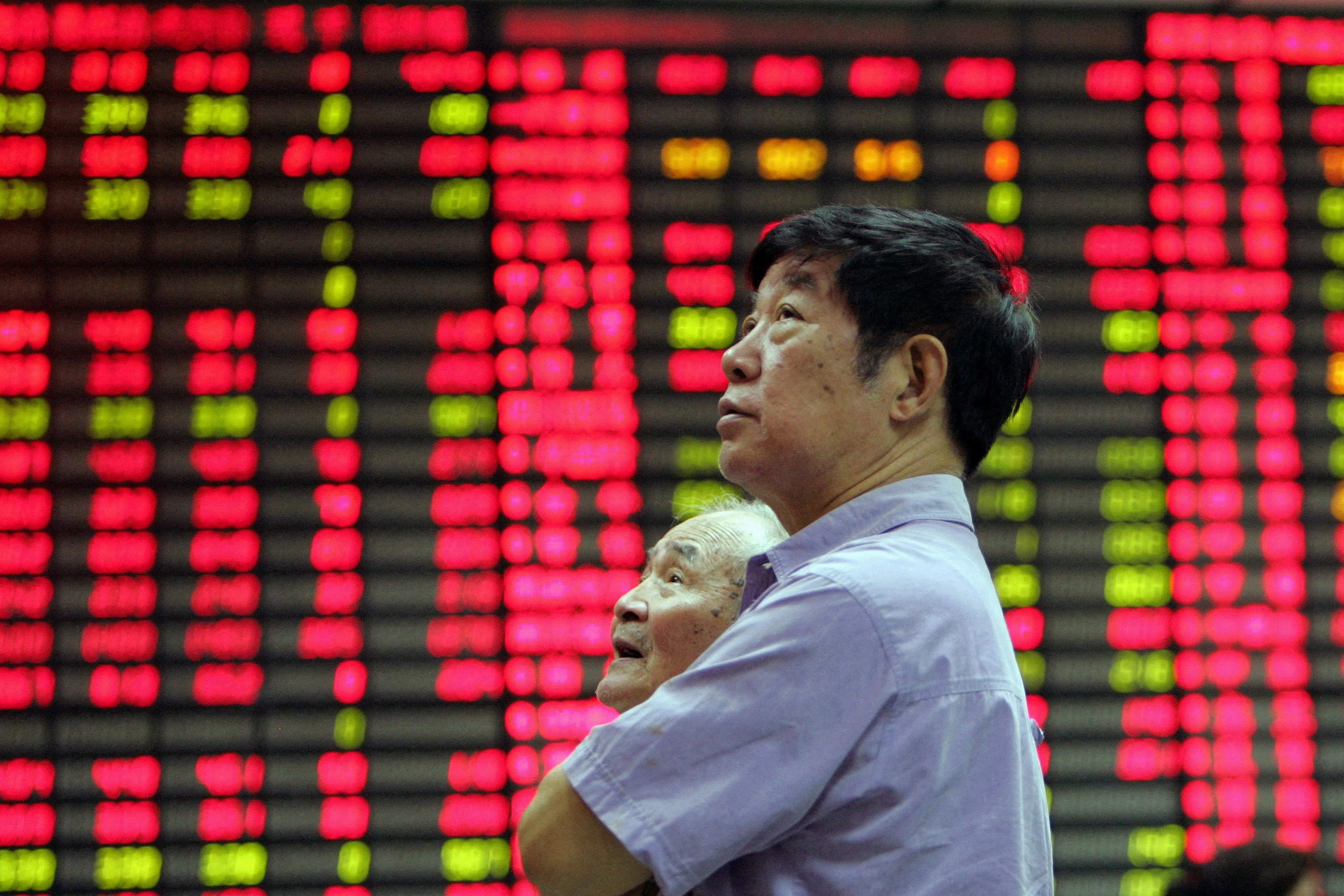CHINESE venture capital (VC) and private equity (PE) firms are targeting deep-pocketed Middle Eastern investors, as funding from their traditional backers dwindles amid growing geopolitical tensions and shrinking opportunities for investment partners to sell their stakes through initial public offerings (IPOs).
At least 200 Chinese VC and PE firms visited the Middle East last year to drum up business, based on data compiled by an agency that tracks interactions between financial institutions in China and investors in the region.
PE firm CMC Capital Partners and VC firm Joy Capital are among those which have set up offices in Abu Dhabi.
“Many experienced Chinese investors don’t have a thorough understanding of the Middle East,” said Li Kai, a co-secretary-general of the Shenzhen Cross-border Private Investment Funds Committee. Traditionally, they looked to Europe, the US, Japan and South Korea for collaboration in fundraising and investment.
“But now the global landscape has changed and the Middle East is increasingly important to China,” he said.
Beijing’s decade-old Belt and Road Initiative has helped drive this shift and facilitate closer relations between the region and China, said Li, who visited the Middle East in October 2023 as part of a delegation organised by the Shenzhen Venture Capital Association.
GET BT IN YOUR INBOX DAILY
Start and end each day with the latest news stories and analyses delivered straight to your inbox.
Members of the association recognise the growing importance of the region and are keen to get to know it better, which will pave the way for more collaboration, he said.
The attraction of this untapped source of funding is clear. The Middle East is home to four of the world’s 10 biggest sovereign wealth funds (SWFs), according to the latest ranking by the Sovereign Wealth Fund Institute.
They are the Abu Dhabi Investment Authority, the Public Investment Fund of Saudi Arabia, the Kuwait Investment Authority, and the Qatar Investment Authority.

The total assets under management of SWFs in the Gulf Cooperation Council (GCC), which comprises Saudi Arabia, the United Arab Emirates, Qatar, Kuwait, Oman and Bahrain, stood at a record US$4.1 trillion in 2023, a January report by Global SWF showed. The platform, which tracks the activities of more than 400 such funds across the globe, forecasts that the assets of the 19 SWFs managed by GCC members will jump to US$7.6 trillion by 2030.
No way out
Chinese VC and PE firms are scrambling to find new investment sources amid a grim fundraising landscape at home. Political tensions with the US, traditionally one of the top sources of US dollar-denominated capital, have led to a drop in funding for domestic startups.
A more difficult IPO environment both in China and overseas has exacerbated the downturn. Traditionally the most popular channel for VC and PE investors to cash in their equity holdings, the IPO exit route has been severely curtailed.
Regulators in Beijing have stepped up scrutiny of overseas listings and slowed the pace of offerings at home as part of a strategy announced last August to bolster investor confidence and reverse a protracted slide in the domestic stock market.
In 2023, the number of Chinese mainland IPOs and the total amount raised dropped 30 per cent and 40 per cent, respectively, based on data compiled by KPMG China.
The amount of money raised by Chinese VC and PE firms slumped 18.9 per cent in 2023 to US$110.4 billion, the second straight annual decline, according to data compiled by ChinaVenture Investment Consulting, an industry information provider.
That year, out of the 12,893 VC and PE firms in the market, only 3,847 set up new funds, and among them, 56 per cent managed to start only one fund.
Against this gloomy backdrop, China’s fund managers have turned to the Middle East. The pivot is happening just as investors in the region are searching for more diverse and sustainable investments in advanced manufacturing and other emerging industries to reduce their dependence on the oil and gas sector.
“I am conscious of the growing interest of many Chinese institutions in raising funds in the Middle East, indicative of a prevailing trend,” said Moath Alnaeem, co-founder and chief investment officer of Alpha Capital, a Saudi Arabia-based asset management company.
“Numerous high-net-worth individuals, family offices and government funds in the Middle East are seeking diversified investments, thereby creating a demand for overseas asset allocation.”
Slow progress
Chinese VC and PE firms are primarily targeting three categories of potential investors from the Middle East: well-capitalised SWFs, family offices and the investment arms of large corporations.
But progress has been slow. Many VC and PE firms which have visited the region told Caixin that investors there are relatively conservative and looking to build long-term relationships.
Some Middle Eastern capital does not just want to “invest in China”, a PE firm source said. There is more emphasis on investing locally, which means projects need to be able to be implemented in both China and the Middle East simultaneously.
Investors said the primary objective of many funds is to use their investments to leverage Chinese talent and technological resources to help the region move away from its dependence on oil and develop emerging industries, such as new energy and artificial intelligence.
This approach is very similar to that of local governments in China. Their core concerns are not solely financial returns but, more importantly, local economic growth and social impact. Both have a strong demand for their investments to benefit their local development.
Hazem Ben-Gacem, a co-CEO of Investcorp, a Bahrain-based global manager of alternative investment products, said his advice for Chinese VC and PE companies is not to think of the Middle East as somewhere one can just take the money and leave.
Instead, they should consider how to build a long-term relationship with local investors, and if they focus too much on just getting money, they will fail, he said.
Investing directly in companies, rather than externally through VC or PE firms, has traditionally been the mainstream approach to capital management in the Middle East, he said.
Alnaeem’s Alpha Capital also favours managing funds itself rather than relying on external managers. “Our preference lies in direct investment as opposed to participation in other fund pools,” he said. “Our adept team conducts exhaustive evaluations and due diligence on transactions.”
Islamic finance
The lack of understanding of Islamic finance among Chinese institutions also poses hurdles when negotiating deals with their Middle Eastern counterparts, an employee of a Beijing-based PE company with experience dealing with investors from the region told Caixin.
Islamic finance refers to the provision of financial services in line with syariah Islamic law, principles, and rules, which do not allow interest to be paid or received, and forbid speculation, gambling, short selling and other financial activities perceived as harmful to the interests of society.
Equity financing is allowed as long as companies are not involved in prohibited activities such as making alcohol or pornography.
At the end of 2022, the assets held by the Islamic finance industry globally amounted to US$4.5 trillion, 11 per cent higher than a year earlier and an increase of 163 per cent over the previous decade, according to a report produced by the London Stock Exchange and the Islamic Corporation for the Development of the Private Sector.
Some investing practices, such as bet-on agreements – a popular arrangement in China that gives VC and PE investors the right to adjust the valuation of a portfolio company when its performance does not meet the conditions set out in their agreement – would be regarded as gambling and contrary to the principles of Islamic finance, said the source from the Beijing-based PE company.
In addition, some investors in the Middle East, such as family offices, are inclined to place their money in regions they are familiar with.
Alnaeem from Alpha Capital said Saudi Arabia will continue to be the focus of the firm’s investment in the next five years. “Following the culmination of this five-year plan, we will deliberate on the prospect of global expansion,” he said.
A lack of understanding of China’s market among Middle Eastern investors is one of the biggest obstacles to forging partnerships, and they need to know more about it, said Investcorp’s Ben-Gacem.
Currently, many investment institutions in the Middle East still tend to be regionally focused. They need to go abroad and become more attuned to global investing, but this will take time to achieve, he said. CAIXIN GLOBAL







